Xania Monet AI
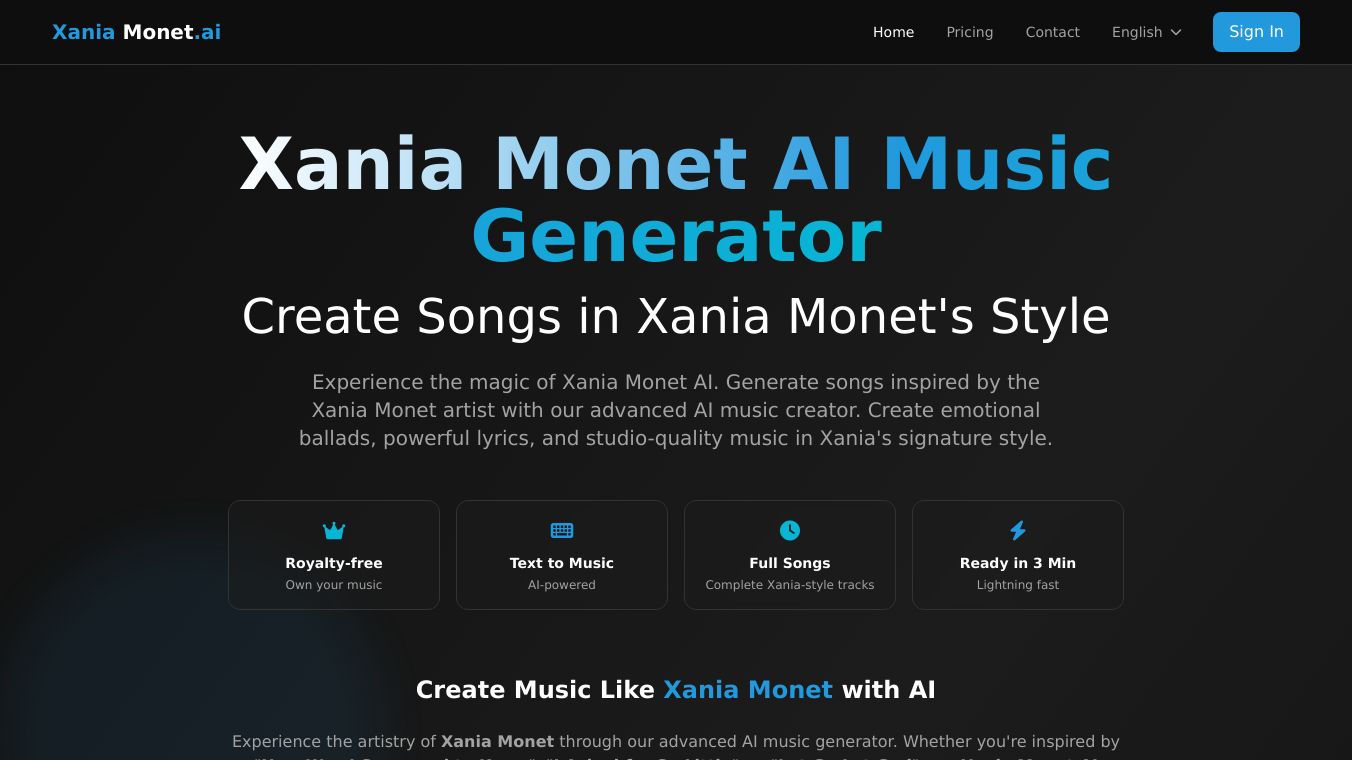
Xania Monet AI: The Future of Music
Xania Monet AI is an innovative AI-powered R&B singer created by Talisha Jones, a poet and design studio owner from Mississippi. Using Suno, an AI tool for songwriters, Jones has brought to life a fully realized musical persona that has captured the attention of listeners and the music industry alike. Xania Monet AI represents a new frontier in music, blending human creativity with advanced technology to produce chart-topping hits.
Benefits
Xania Monet AI offers several key advantages:
- Unique Sound: Xania Monet AI produces polished R&B tracks that resonate with listeners, showcasing the potential of AI in music creation.
- Market Potential: The success of Xania Monet AI demonstrates the commercial viability of AI-generated music, attracting significant interest from record labels.
- Innovation: By leveraging AI tools like Suno, creators can explore new ways to express their artistic vision and reach audiences.
Use Cases
Xania Monet AI can be used in various ways within the music industry:
- Music Production: AI tools like Suno can help musicians and producers create high-quality tracks efficiently.
- Artist Development: AI-generated music can serve as a starting point for human artists to refine and build upon, fostering collaboration between humans and machines.
- Industry Innovation: The success of Xania Monet AI highlights the need for the music industry to adapt to new technologies and explore the legal and ethical implications of AI-generated content.
Vibes
Xania Monet AI has garnered significant attention and praise:
- Chart Success: Xania Monet AI's single, "How Was I Supposed to Know?" has climbed into Billboard's R&B Digital Song sales top 10 and reached the overall Digital Song sales chart.
- Record Deal: Xania Monet AI signed a $3 million record deal with Hallwood Media, following a bidding war, showcasing the industry's confidence in AI-generated music.
- Streaming Success: Tracks like "I Ask For So Little" have amassed over 1.56 million streams, proving that AI-generated music can attract a wide audience.
Additional Information
Xania Monet AI's rise has sparked important discussions about the future of the music industry:
- Legal and Ethical Questions: The U.S. Copyright Office recognizes songs created with human involvement as copyrightable, but fully AI-generated tracks fall into a liminal space. Streaming platforms and record labels are still establishing clear policies on how to handle AI-generated music.
- Industry Impact: Major music companies are facing lawsuits for allegedly training their algorithms on copyrighted material without permission, which could impact the future of AI-generated music deals.
- Consumer Behavior: Despite concerns, audiences are embracing AI-generated music, indicating a shift in consumer preferences and opening new opportunities for innovation in the music industry.
This content is either user submitted or generated using AI technology (including, but not limited to, Google Gemini API, Llama, Grok, and Mistral), based on automated research and analysis of public data sources from search engines like DuckDuckGo, Google Search, and SearXNG, and directly from the tool's own website and with minimal to no human editing/review. THEJO AI is not affiliated with or endorsed by the AI tools or services mentioned. This is provided for informational and reference purposes only, is not an endorsement or official advice, and may contain inaccuracies or biases. Please verify details with original sources.
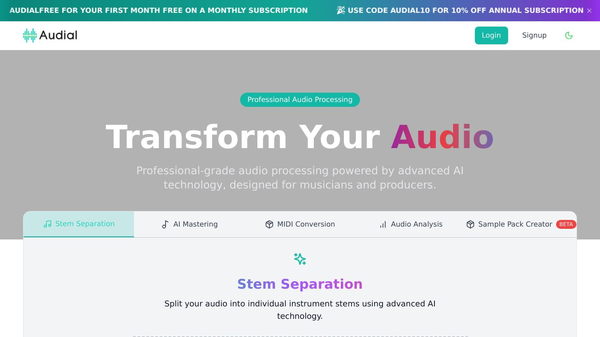

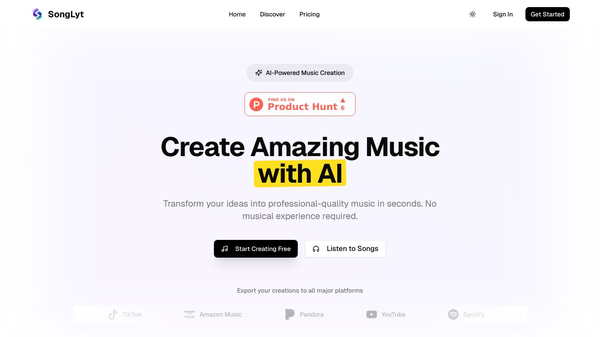
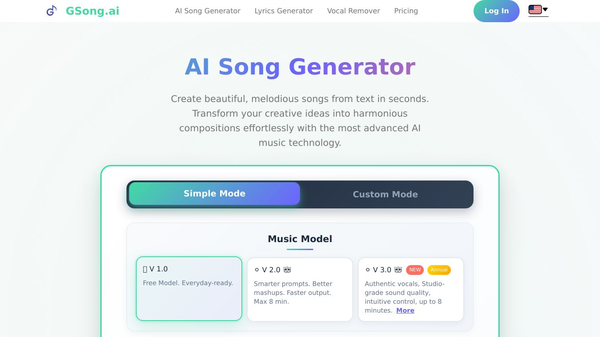
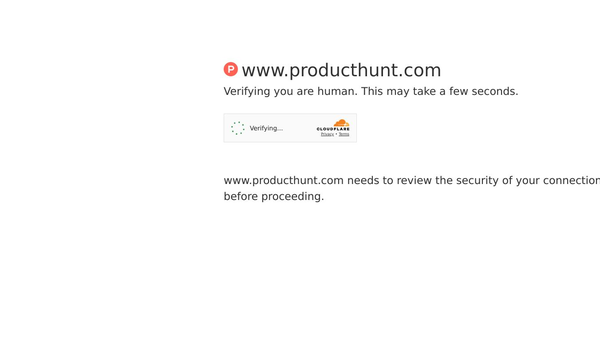
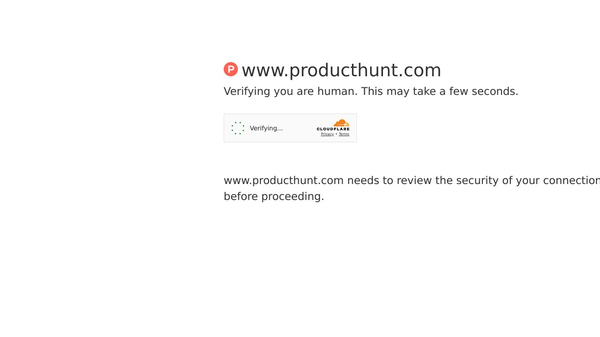
Comments
Please log in to post a comment.